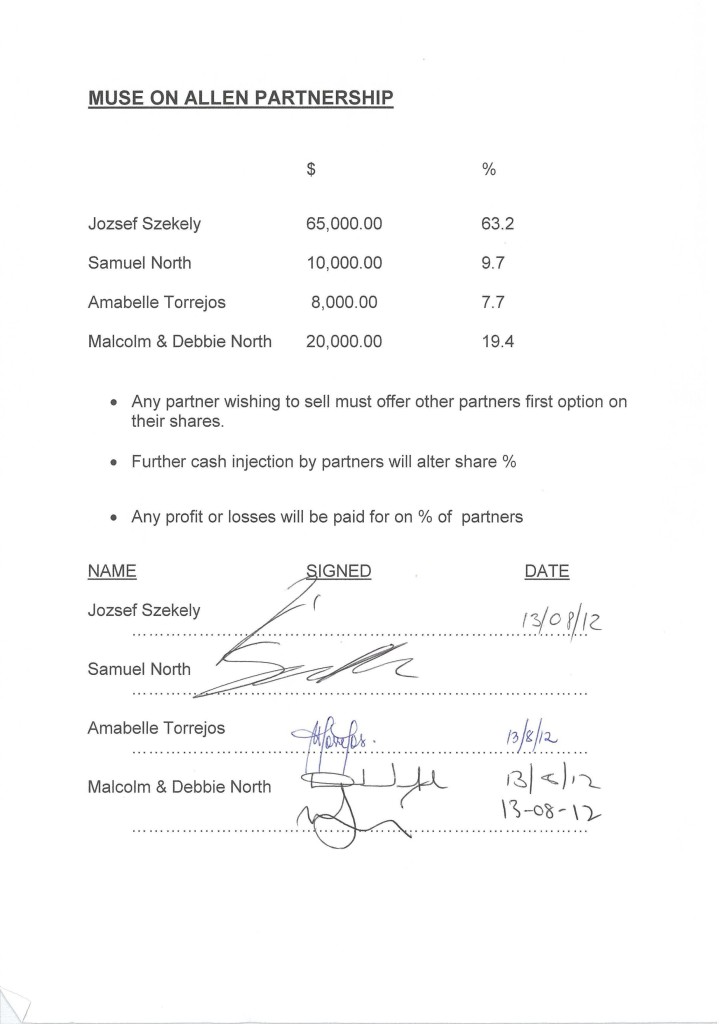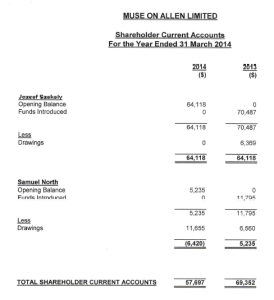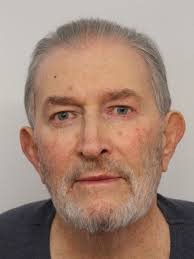 The private security personnel licensing authority is a statutory body which controls all Investigator and security guard licenses
The private security personnel licensing authority is a statutory body which controls all Investigator and security guard licenses
I have raised the issue of the authority not being qualified and have requested an OIA to establish the legal basis on which the authority claims to legitimately hold office no response has been received and it now appears that ” the authority ” is away on leave
The legislation states http://www.legislation.govt.nz/act/public/2010/0115/latest/DLM1594620.html
No person may hold office as Licensing Authority unless he or she is a barrister or solicitor of the High Court of not less than 5 years’ standing
I Checked the roll of lawyers and could not see Mr Gill’s name on it so I wrote to the law society and got the response that he had not had a practicing certificate since 30 June 2015
From: Registry Mailbox [mailto:registry@lawsociety.org.nz]
Sent: Tuesday, 16 August 2016 8:35 a.m.
To: Grace Haden <grace@verisure.co.nz>
Subject: RE: registration of barrister
Dear Grace
Mr Roger Bernard William GILL does not hold a current practising certificate.
His last certificate issued by the New Zealand Law Society expired on 30 June 2015.
Kind regards
REGISTRY ADMINISTRATOR
NEW ZEALAND LAW SOCIETY | DD: +64 4 463 2919 | PH: 0800 22 30 30 | F: +64 4 463 2989
26 Waring Taylor Street, Wellington 6011, New Zealand
DX SP20202 | PO Box 5041, Wellington 6140, New Zealand
I again consulted legislation
http://www.legislation.govt.nz/act/public/2006/0001/latest/DLM364948.html
barrister means a person enrolled as a barrister and solicitor of the High Court under or by virtue of this Act and practising as a barrister, whether or not he or she also practises as a solicitor; and, in relation to any country outside New Zealand, includes, for the purposes of sections 49(3)(a) and 53, any person authorised to exercise in that country functions similar to those exercised by barristers in New Zealand
solicitor means a person enrolled as a barrister and solicitor of the High Court under, or by virtue of, this Act and practising as a solicitor, whether or not he or she also practises as a barrister; and, in relation to any country outside New Zealand, includes, for the purposes of sections 49(3)(a) and 53, any person authorised to exercise in that country functions similar to those exercised by solicitors in New Zealand
lawyer means a person who holds a current practising certificate as a barrister or as a barrister and solicitor
http://www.legislation.govt.nz/act/public/2006/0001/latest/DLM365726.html
21 Provision of legal services
(1)A person commits an offence who, not being a lawyer or an incorporated law firm,—
(a)provides legal services in New Zealand; and
(b)describes himself, herself, or itself as—
(i)a lawyer; or
(ii)a law practitioner; or
(iii)a legal practitioner; or
(iv)a barrister; or
(v)a solicitor; or
(vi)a barrister and solicitor; or
(vii)an attorney-at-law; or
(viii)counsel.
From the Law society web site
Who is a “lawyer”?
A lawyer is a person who holds a current practising certificate issued by the New Zealand Law Society. Lawyers practise either as a barrister and solicitor or as a barrister (sometimes called a “barrister sole”).
Anyone providing certain legal services who describes themselves as a “lawyer”, a “barrister”, or a “barrister and solicitor” but who doesn’t hold a current practising certificate commits an offence against the Lawyers and Conveyancers Act 2006 (“the LCA”).
If you have been admitted as a barrister and solicitor but do not hold a current practising certificate, you may refer to yourself as an “enrolled barrister and solicitor of the High Court”.
Going back to the definition in the pspla act
No person may hold office as Licensing Authority unless he or she is a barrister or solicitor of the High Court of not less than 5 years’ standing.
Since Mr Gill is not a lawyer he is not a barrister he has no statutory obligations to the rule of law and is also not an officer of the court , statute states that he is to be a barrister or solicitor. so what implications does this have on the enforcement of the Private security personnel licensing act ?
can some one without the legal standing to be the authority make decisions on the suitability of Security guards and Private investigators suitability to hold their jobs ?
Are the decisions Roger Gill has made since 30 June 2015 a ultra vires ? and therefore void ?
Will we re write legislation to cover this glaring non compliance with statute ?
I Raised the issue with the ministers. I now note that Mr Gill is away until the end of the month. strange that when so many licences come up for renewal in August .
His deputy Stevan Cole was the deputy he has since become a community magistrate it would appear that no one has been appointed as deputy therefore it seems like there is no Legal “authority”
How the Authority is chosen
The Authority is appointed by the Governor-General on the advice of the Minister of Justice. They must have at least 5 years’ experience as a barrister or solicitor of the High Court. Appointments to the position are for a term of 3 years, and a person may be reappointed.
The current Authority is Mr Roger Gill. source ( note how the justice dept gets their definition wrong the operative word IS is missing )
Mr Gill is a qualified lawyer and has 16 years experience as a Chief Executive of four national organisations, including the Investment Savings and Insurance Association of New Zealand and the New Zealand Stock Exchange. For the past 12 years Mr Gill was a Registrar and Manager of the Wellington High Court.
. source
Roger Gill of Kapiti has also been reappointed as the Private Security Personnel Licensing Authority for a term of three years. The Authority considers applications for licences and certificates for people working in the security and private investigators industries. source
more info on Roger Gill
Roger Gill of Kapiti has also been reappointed as the Private Security Personnel Licensing Authority for a term of three years. The Authority considers applications for licences and certificates for people working in the security and private investigators industries.
Ultra Vires Latin for “beyond powers,” in the law of corporations, referring to acts of a corporation and/or its officers outside the powers and/or authority allowed a corporation by law.
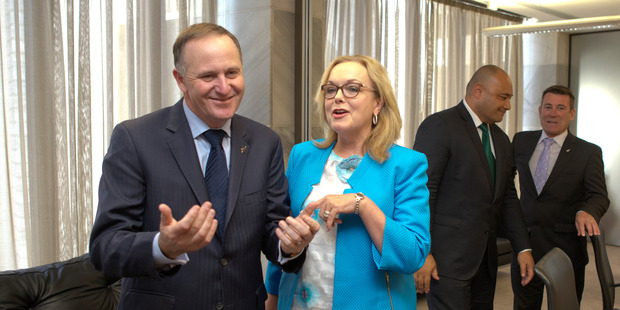 This post is prompted by the
This post is prompted by the 


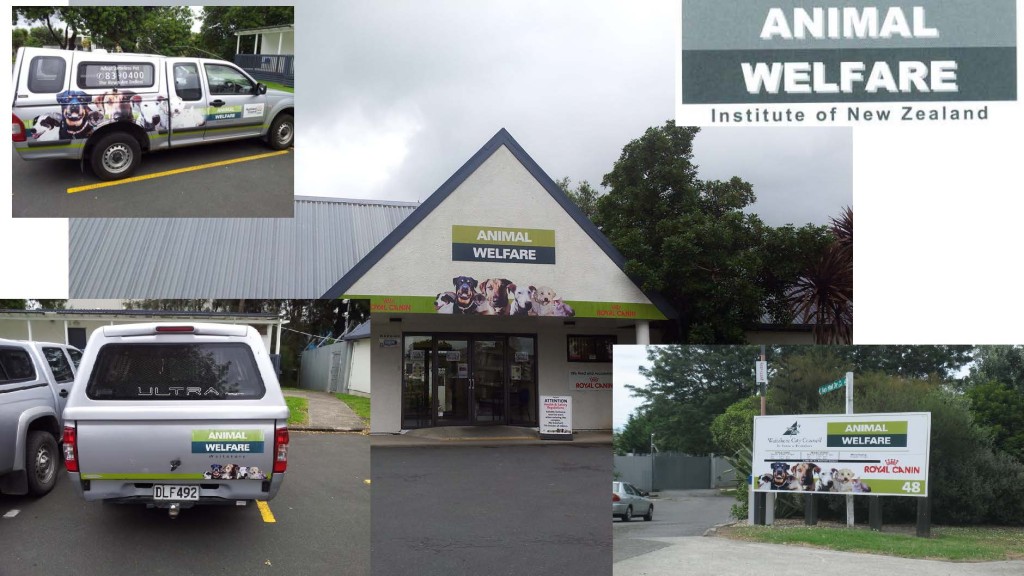
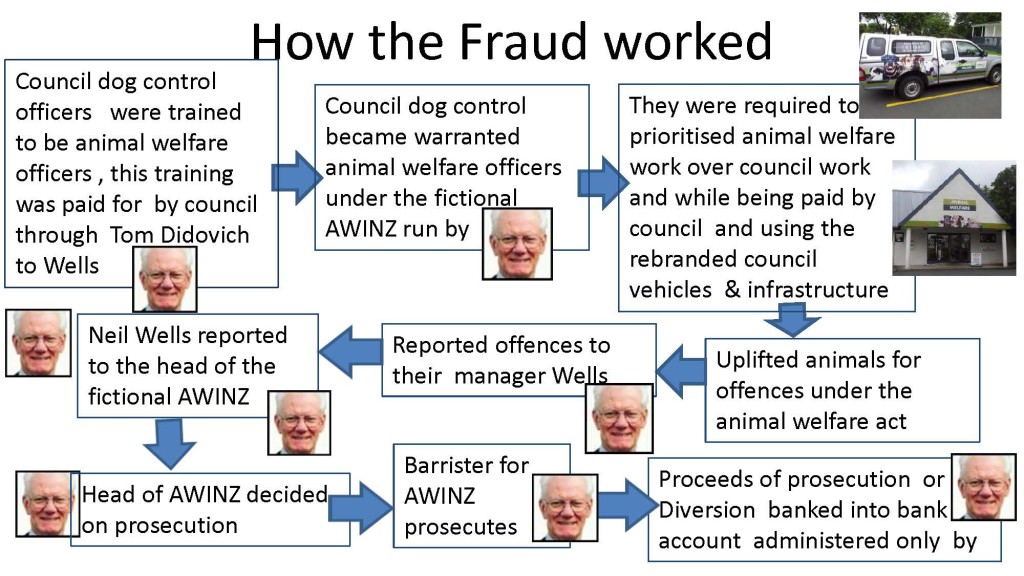
 The reason that our company and trust structure is so well liked is because THERE IS NO DUE DILIGENCE DONE BY THE REGISTRARS OF NEW ZEALAND COMPANIES AND TRUSTS ARE NOT RECORDED.
The reason that our company and trust structure is so well liked is because THERE IS NO DUE DILIGENCE DONE BY THE REGISTRARS OF NEW ZEALAND COMPANIES AND TRUSTS ARE NOT RECORDED.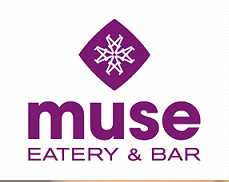
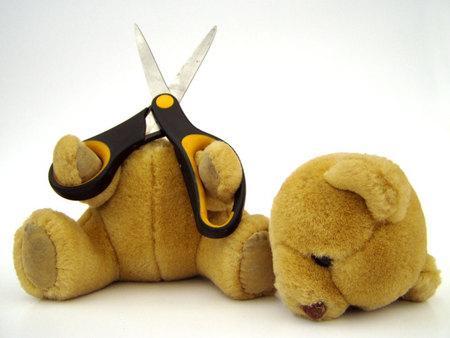

 At Last NZ ratifies UN Convention Against Corruption but is this an empty gesture or will corruption be dealt with seriously and not just concealed like it has been in the past ? Time will tell .
At Last NZ ratifies UN Convention Against Corruption but is this an empty gesture or will corruption be dealt with seriously and not just concealed like it has been in the past ? Time will tell .






 day Monteck Carter chartered accountants sent out a news letter on
day Monteck Carter chartered accountants sent out a news letter on 